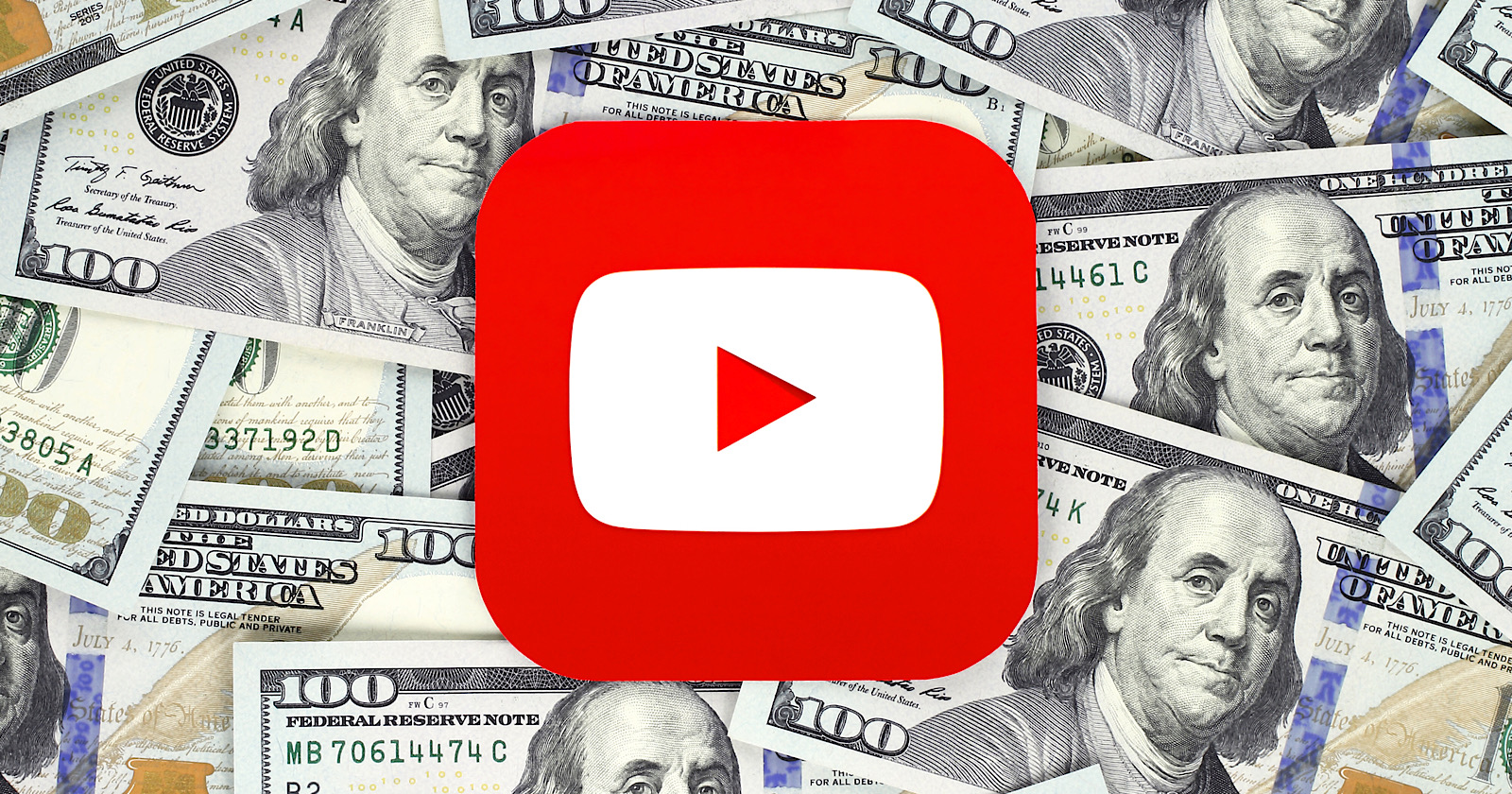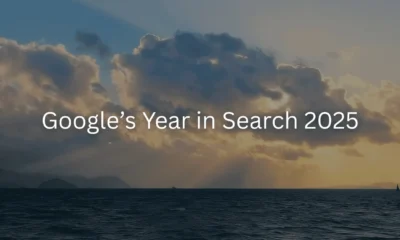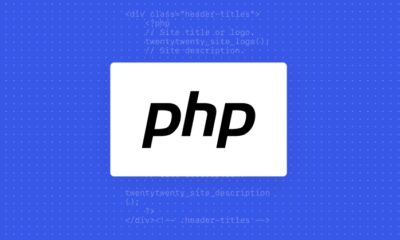YouTube’s COPPA Changes Begin Today, Possibly Affecting Creator Revenue

Starting today, YouTube is rolling out privacy changes which are likely to affect ad revenue for some creators.
As per the Children’s Online Privacy Protection Act (COPPA), companies are not allowed to collect data from children under the age of 13. Google is no exception to following these regulations, but it has not been in compliance thus far.
In response to Google’s non-compliance, the company received a significant fine from the Federal Trade Commission (FTC) in September 2019. Google also agreed to implement a number of changes to appease federal regulators, which are rolling out now.
Here’s What’s Changing
Targeted ads will no longer be served alongside videos designated as being made for kids. Targeted ads require data collection and, as mentioned, collecting data from children under 13 is restricted under COPPA.
Going forward, YouTube will treat personal data from anyone watching children’s content as coming from a child, regardless of the actual age of the viewer. That means channels publishing kids’ content will only be able to serve non-targeted ads.
When it comes to what’s considered children’s content, here is what YouTube has to say on the matter:
“According to the FTC, a video is made for kids if it is intended for kids, taking into consideration a variety of factors. These factors include the subject matter of the video, whether the video has an emphasis on kids characters, themes, toys or games, and more.”
Channels specializing in children’s content can assign this designation to themselves in the channel settings. YouTube will also use machine learning to automatically identify content made for kids.
The ambiguity around what may or may not be considered children’s content has creators worried. Many YouTubers are concerned their content will be erroneously designated as children’s content, which would restrict their ability to serve more lucrative targeted ads.
A Solution for Creators
Since these changes were announced back in September, creators have been waiting for an answer as to what would happen if their content was wrongfully identified as being made for kids. Now, YouTube has some answers.
If YouTube incorrectly identifies that a particular video is made for kids, the creator can override YouTube’s decision. YouTube will not contest a creator designation unless abuse is detected.
Channels that make content for kids will not entirely lose their ability to serve ads. They can still serve non-targeted ads, although the lack of targeting can potentially generate less revenue for the channel.
The full impact of this change will not be known until there’s enough data to compared targeted versus non-targeted ad revenue.


















